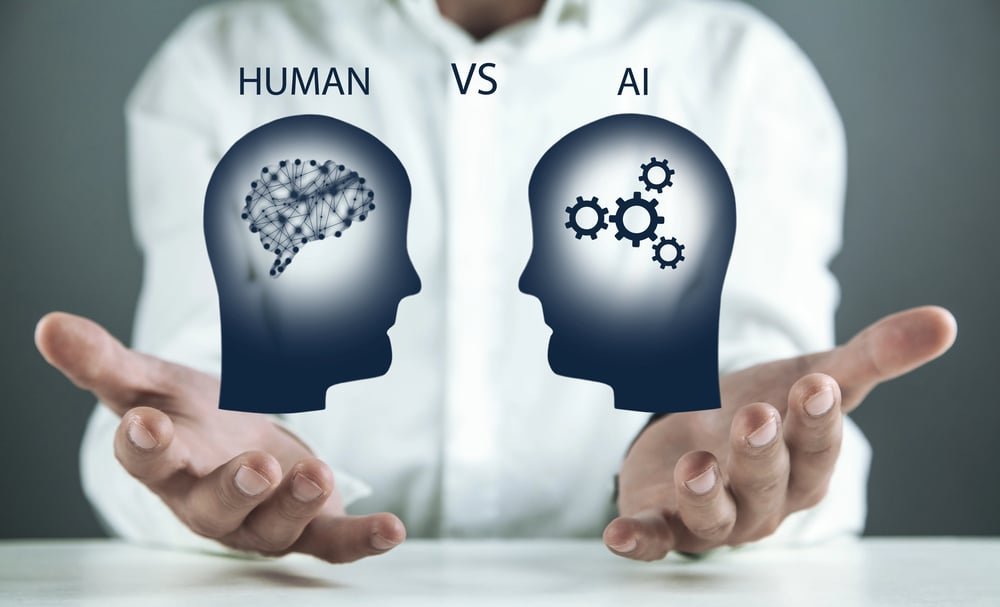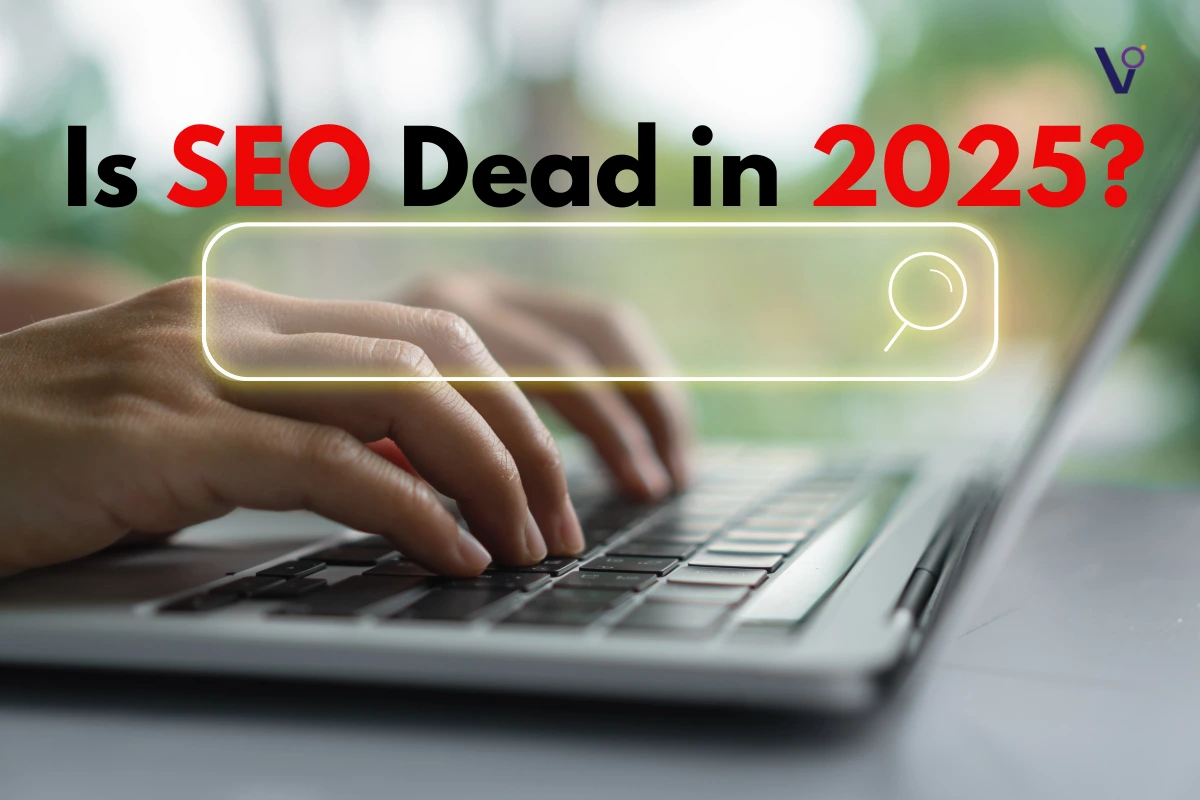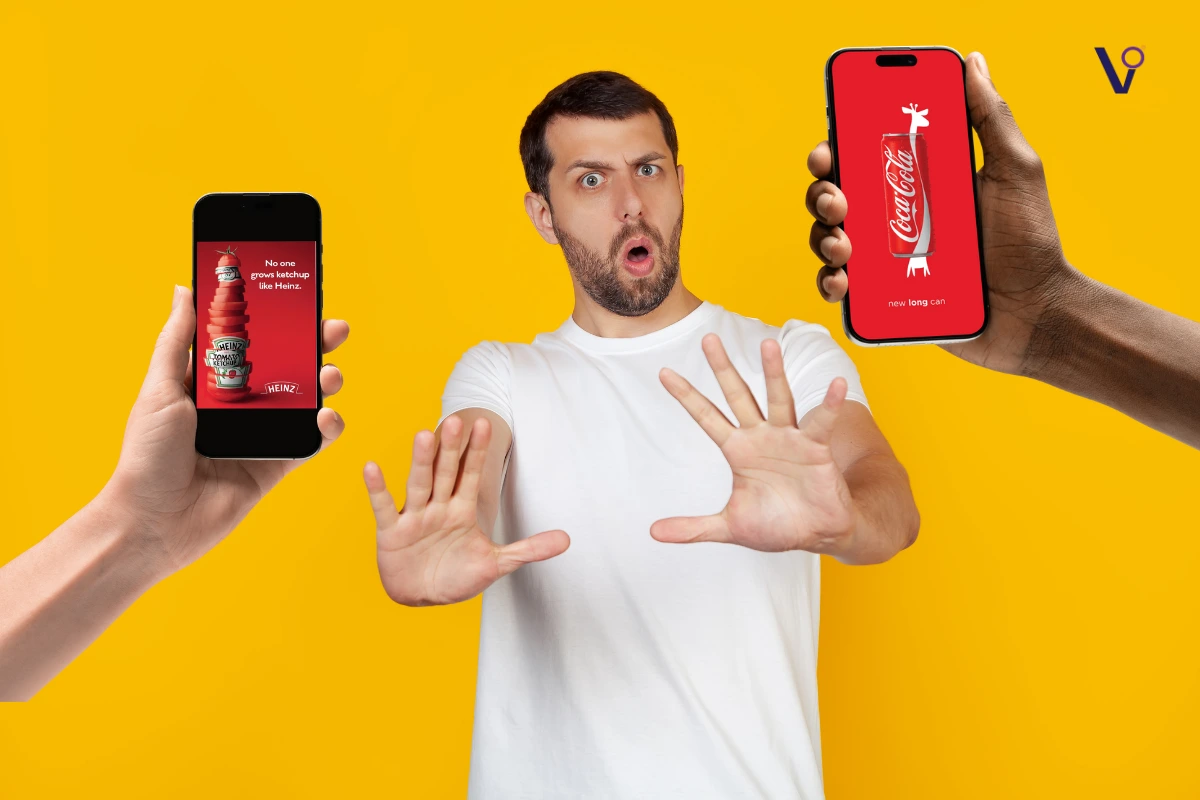It’s clear that the landscape for SEO is changing fast, but SEO is not dead. The definition itself is shifting. Instead of just thinking search engine optimization, it’s time you look at it as search everywhere optimization.
People no longer search just on Google. They’re using platforms like ChatGPT, Instagram, and TikTok. In fact, according to Google’s VP, a large portion of younger users are now searching first on Instagram and TikTok. Search isn’t only a Google game anymore. That means the job is to optimize for all the platforms, not just one.
YouTube is now viewed as one of the biggest search opportunities for the next decade, especially among 20-year-olds who often search on TikTok first. Although search behavior is shifting, Google’s core presence remains strong. Even Google admits the future of search is unclear; nobody knows what it will look like 5 to 10 years from now. In the meantime, a broad and patient approach wins: month by month, platform by platform.
AI tools like Perplexity and Claude, and new frameworks for quickly developing and iterating on marketing strategies are helping everyone move faster, but the core marketing activity remains. It’s all about adapting without panicking.
SEO Is Not Dead
- SEO is now “search everywhere optimization” for all platforms.
- Users look for answers on TikTok, Instagram, ChatGPT, not just Google.
- Google organic traffic has actually grown, even after major AI launches.
- New platforms continue emerging, shifting user focus.
- Most people today use multiple platforms to search, so brands must optimize across all of them.
The New SEO
Community is climbing fast as the new backbone of organic growth. The flood of AI content makes human and user-generated contributions much more valuable in the eyes of both Google and searchers. Brands with active communities like HubSpot, Zapier, and Shopify see traffic “up and to the right.” Today, search results are loaded with more Reddit and Quora threads, trusted over faceless AI content.
Sam Altman from OpenAI believes both online and in-person communities will be worth much more in the next 5 to 10 years. The power of in-person connections is coming back into focus: shaking hands, collaborating, and helping each other grow.
Community platforms like Skool and Circle demonstrate that SEO traffic can be built around a loyal audience. Community isn’t just another marketing channel. It is a retention mechanism that keeps customers loyal and turns experiences into networks.
Brand loyalty is increasingly built through these communities. Active engagement, not just setting up a group but real daily participation from the organization, delivers real growth. Without active involvement, the community will never reach its potential.
Power of Community-Driven SEO
- User-generated and community content is more trusted than AI-generated articles, proving once again that SEO is not dead.
- Communities on platforms like HubSpot, Skool, Zapier, Circle, and Shopify are growing in traffic and influence.
- Real engagement and retention come from the sense of belonging a community provides.
- Building a community creates brand differentiation in a market where every company can look the same.
- Daily participation from brands is needed to make communities thrive.
Human Content vs. AI Content
A study by Neil Patel compared AI-generated content vs. human-written content across multiple websites. With 68 websites and 744 articles, split evenly between AI and human writers (and AI content improved by humans), the human-written posts performed far better. It generated 5.44× more organic traffic.

AI content isn’t bad, but it can’t match the nuanced expertise, authority, and trust of a real human. Most AI-generated articles simply repackage existing web content in a slightly different way. Back in the day, marketers used article spinners to do this in a crude fashion. AI is just a much smarter spinner. But the content that stands out today is unique and fresh, not just recycled information.
Using AI, brands must stay focused on the real KPIs; does the technology actually deliver more traffic, leads, and sales? If not, it’s just shiny and not effective.
Key Lessons
- Human-written content brings over five times the organic traffic compared to AI content.
- AI articles tend to recycle information, while human expertise feels fresh and trustworthy.
- The best-performing content is unique; people want news, not just repackaged facts.
- Brands experimenting with AI must focus on clear goals, traffic, leads, revenue, over simple content volume.
Smart Workflows, Voice Search, and the Future
Agentic workflows are changing marketing operations. By building agent-driven processes for SEO like content consolidation or internal link opportunities, teams become more productive. However, success still requires a human in the loop to validate, edit, and use judgment.
AI search channels like ChatGPT and Perplexity now serve as real referral sources, with customers actively discovering brands through these platforms. Amazon Alexa and other smart devices bring search into everyday environments; ordering products, subscribing to services, all by voice.
Podcasts are also on the rise. Candidates on US election day reach tens of millions through podcasts; an audience far harder to find on TV. With fewer than four million podcasts and over a billion blogs, podcasting remains a wide-open channel.
SEO Insights
- Next-generation search will happen everywhere; devices, fridges, cars, not just online.
- Voice search is growing as the younger generation talks before they type.
- Agentic workflows, AI helpers managed by humans, will make teams faster and more efficient.
- Podcasts and short-form video are explosive channels for brand growth.
- The best brands will stay present across every touchpoint, community, and channel.
SEO is not dead; it has simply evolved into something broader, smarter, and more community-centered. To win, care about providing value everywhere, build and participate in real communities, and continue to create content and experiences your audience can trust.
SEO is not dead; it has evolved into “search everywhere optimization.” People now search across Google, TikTok, Instagram, YouTube, ChatGPT, and communities, meaning optimization must span multiple platforms.
Yes, you can. Start by understanding your audience, optimizing across Google, TikTok, Instagram, YouTube, and community platforms. Active participation and human content build trust, traffic, and long-term brand loyalty.
Every industry benefits from SEO, but community-driven industries like tech, e-commerce, SaaS, and education especially thrive. Active engagement, loyal audiences, and optimized multi-platform presence maximize growth and visibility.
The secret is community and human-driven content. Build trust, optimize across platforms, participate actively, and deliver fresh, unique insights. Real engagement plus strategic presence everywhere ensures long-term SEO success.



